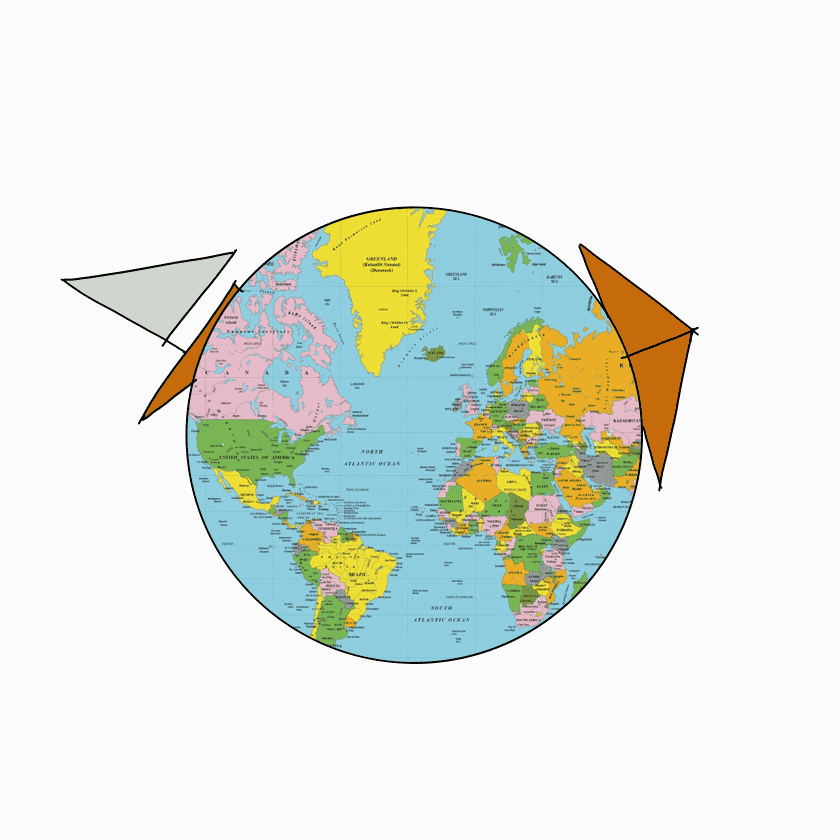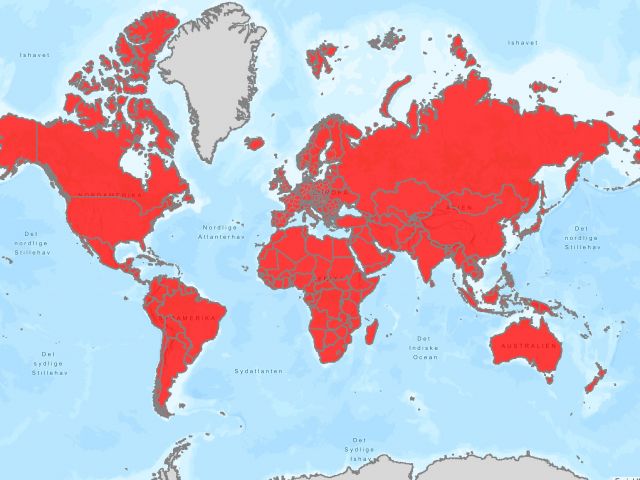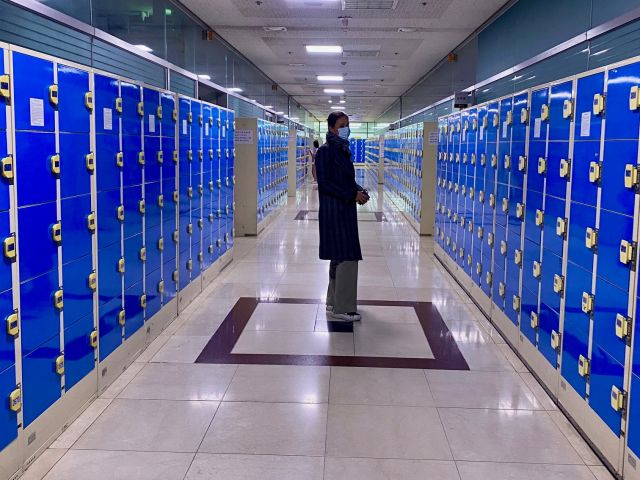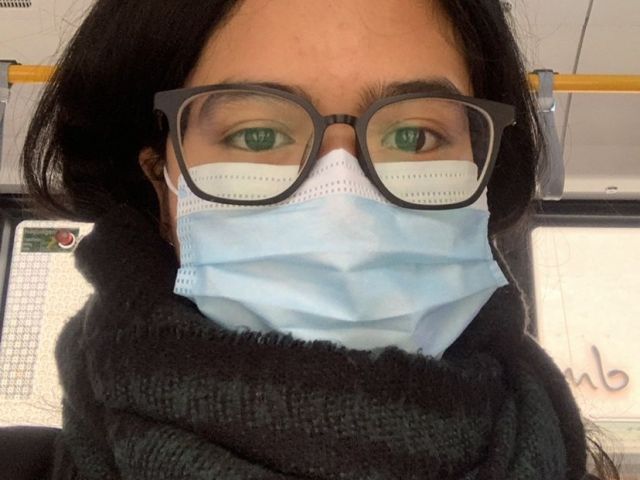Go to Italy, France or Finland without crossing the border: CBS and eight universities launch online elective exchanges

(GIF: Emil Ernst Friis)
A new collaboration between nine European business schools, including CBS, enables fifth-semester bachelor students to take online electives at various universities. CBS’ Vice Dean of International Education envisions the collaboration potentially expanding to cover more universities and more students in future.
Normally, you would have to be enrolled at a specific university to take its courses. Not anymore.
From the coming semester, fifth-semester students will be able to take online electives that cover everything from why some ideas, products, song and videos go viral, to what it means to live on less than USD 1 a day, and what can be done about it, at universities across Europe.
The electives will be offered through the European Common On-Line Network (ECOL), which consists of nine business schools and universities – including CBS, where the Vice Dean of International Education, Martin Jes Iversen, is excited about the collaboration.
“It’s like a new dimension of electives,” he says and continues:
“When CBS students look at the possible electives, they can browse through an additional course catalogue with courses available at other universities. In principle, you can get an international education while staying at home.”
In the fall last year, CBS had a similar setup with the University of St. Gallen in Switzerland and Wirtschaftsuniversität in Vienna. Now more universities have joined the collaboration.
“It’s amazing that all of us have been thinking about this at about the same time. We started to work with St. Gallen and WU, but then Bocconi University reached out and said they had been working on something similar with ESADE in Spain. So we just made the group a little bigger,” says Catherine Layolle Busch, International Programs Manager at CBS.
And the vision is clear; if the fall semester is successful and attracts a lot of applications for the offered courses, Martin Jes Iversen cannot see why the collaboration should not expand on several parameters.
“We are working with a system that is scalable. We can include more partners or take in more students per course. Right now, there are nine study places reserved on each course. One space per university. But that can possible be increased,” he says.
“We’re starting in Europe – let’s see where things go”
The universities can offer as many electives as they like, however, there is a catch. They must choose electives that somehow represent the DNA of that university.
For example, CBS has chosen three courses that in one way or another focus on business in society, and how to run or view businesses from an alternative angle, for example, with a focus on sustainability.
“This collaboration is not an option for taking ordinary or typical business school courses. Why would you take a course in corporate finance when you can take that course at your home university? No, instead we would like the universities to pick out courses that somehow show their qualities and flair. That way, students will get a unique learning experience that they would not be able to get at home,” says Martin Jes Iversen.
Catherine Layolle Busch has a dream vision:
“Seeing it from a very distant perspective, it would be fantastic to have students in, for example, Brazil who knew about CSR and water management because they have taken online courses at CBS and another university. You could get so much more through these online electives,” she says.
Taking an online elective can be a way of preparing you for reality online
Martin Jes Iversen
Martin Jes Iversen explains that it is not impossible that the initiatives could grow big enough to have universities from outside Europe.
“We are starting in Europe to see how things go, but from a wider perspective, it might as well include universities from developing countries, I like that perspective,” he says.
International in an online world
Martin Jes Iversen stresses that the initiative is not meant as a Covid-19 initiative, but rather as a post-Covid initiative. He believes that the world will never be the same and that many aspects will remain online in future. And that requires online skills.
“This initiative is not a substitute for regular exchange with physical mobility, but rather a supplement. But taking an online course can bring great learning as well. You’ll have to do group work with others from different countries, and that in itself can be challenging. It can be frustrating, but will lead to considerable learning,” he says and continues:
“A lot of companies are predicting that the frequency of business travel will decrease dramatically after the pandemic. There are many things you can solve online. So taking an online elective can be a way of preparing you for reality online. Not that I’m always a fan of online meetings, and I prefer to be on campus, but in a way, the online electives mirror the reality we are in.





































































































































Comments